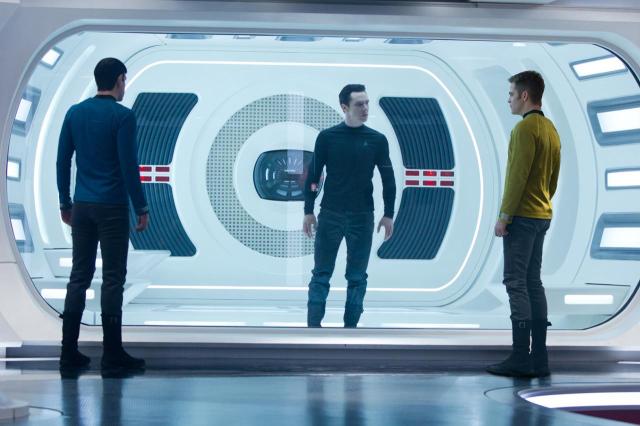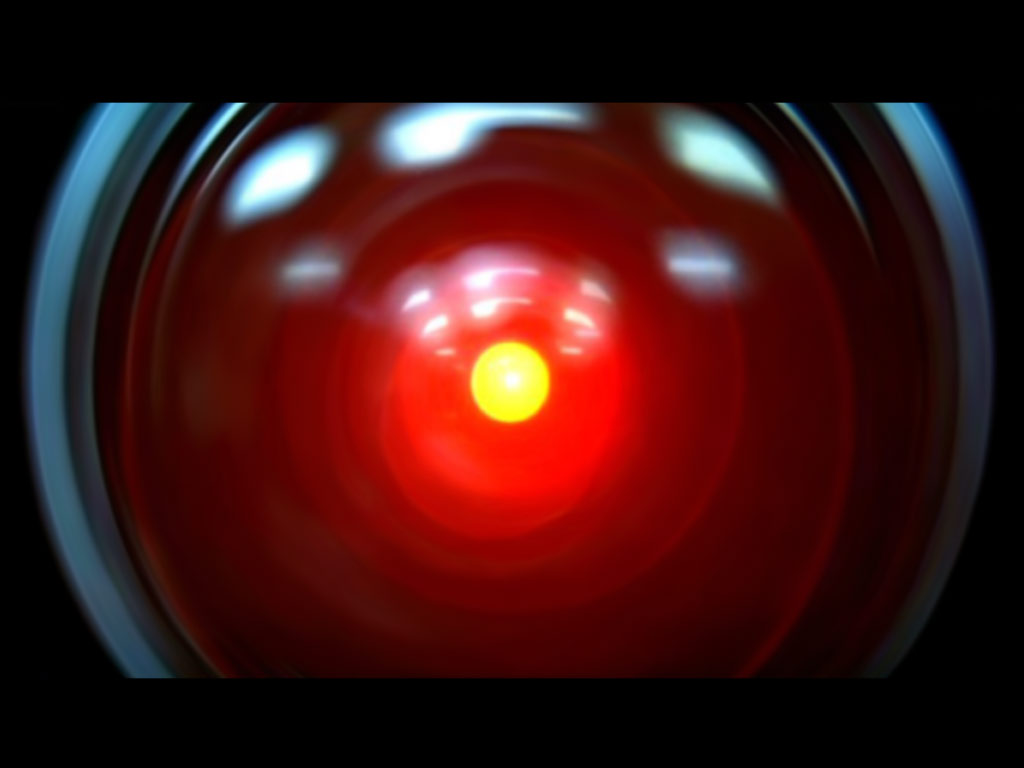MG Siegler
M.G. Siegler is a general partner at Google Ventures, where he primarily focuses on early-stage investments. He has been deeply involved in the startup space since 2005, first as a web developer, then as a writer, and most recently as an investor and advisor.
Having spent the past year in London helping to get Google Ventures’ European organization up and running, M.G. is now back in the Bay Area, working mainly out of Google Ventures’ San Francisco office.
Before joining Google Ventures, M.G. was a founding partner of CrunchFund, an early-stage investment fund. Prior to that, he reported on the startup world as a writer for both TechCrunch and VentureBeat. M.G. still writes a column for TechCrunch on top of writing on his own sites and from time-to-time doing movie reviews in haiku.
Originally from Ohio, M.G. graduated from the University of Michigan in Ann Arbor before moving out west to work in Hollywood. One day, he will write that killer screenplay.
More posts from MG Siegler
A few weeks ago, Chris Dixon tweeted something thought-provoking:
What were the last Hollywood movies you saw about technology & the future that were optimistic? They seem to be systematically dystopian.
I happened to be sitting in a movie theater waiting for Iron Man 3 to start, so I tried to come up with a good counter-example. It’s a lot harder than I thought it would be. Then the pre-movie trailers starting playing. The new Will Smith (and son) flick, After Earth: dystopia. The new Guillermo del Toro flick, Pacific Rim: dystopia. Even the new Superman flick, Man of Steel, could be classified as a technological dystopia (more below).
Sure, there are some films — mainly smaller indies — that in some ways are starting to buck the trend. But overall, Dixon (and Peter Thiel, who Dixon says he got the idea from) are right: Hollywood seems to hate technology. Why?
My initial thought is simply that dystopia sells. It’s the same reason why the mainstream media covering technology tends to harp on the downsides of new tech, sometimes to the point of fear mongering. They are tracking you! They want to know your location! They want to record you going to the bathroom!
Most people are predisposed to fear what they do not understand. Hollywood’s futuristic films are simply playing to this fear in the same way that horror films are packed with moments meant to startle you.
This is nothing new. In 1927, Fritz Lang’s Metropolis — the very first feature-length science fiction film — told of a 2026 where the lower class workers power the technology for the upper class. In 1951, The Day the Earth Stood Still saw aliens bring a giant robot to Earth that would destroy the planet if humans couldn’t get their act together. The 1960 version of The Time Machine (based on the H.G. Wells book) had technology (nuclear weapons) destroying civilization. 2001. A Clockwork Orange. Soylent Green. Alien. Blade Runner. The list goes on.
The difference is that we now live in a society where advanced technology permeates all of our lives. Nearly everyone now walks around with computers in their pockets that are far more powerful than the computers that filled up rooms just a few decades ago. Nearly the entirety of human knowledge is now just a few clicks or swipes away at any given moment. The vast majority of our recent technological breakthroughs, I think everyone would agree, have been overwhelmingly good for society.
And yet, Hollywood still seems sure that this is going to change. That at some point, our meddling with technology will create HAL 9000 or Skynet, and technology will turn on us.
The example I ended up tweeting back at Dixon as an answer to his thesis was Star Trek. As Grantland noted recently in looking back at the 25th anniversary of Star Trek: The Next Generation:
Gene Roddenberry’s guiding vision of the Star Trek franchise was, famously, that it would offer an optimistic vision of humanity’s future.
And that largely held true through The Next Generation television series:
The Soviet Union collapsed a couple of years into the filming of The Next Generation, and the show’s optimistic future became startlingly coterminous with the optimistic present of the George H.W. Bush administration. Where else but space could you find a thousand points of light? The grand adventure of the NCC-1701-D was no longer to spread civilization, or even defend it; it was just to keep the machinery oiled. Remember 1991, America?
But the recent Star Trek films are a bit different. While I always liked how plot of Star Trek First Contact revolved around making sure a man takes the first flight at warp speed in space to usher in an era of peace on Earth, the actions are kicked into motion by the threat of the Borg — perhaps the ultimate in dystopian technology — taking over the Earth.
The latest Star Trek franchise seems to take a mainly glitz and glam approach to technology — bright white decks on giant starships accentuated with lens flares galore! But there also exists plenty of tech that is also horribly destructive. “Red Matter”, for example.
I saw the latest film, Star Trek Into Darkness, last week. While I enjoyed it, many Trekkie diehards did not. Certainly there are plenty of elements that are more Top Gun than the idea of using technology for exploration. I mean — minor spoiler alert — we have some sort of ultra weapons developed in secret and powered by some vague futuristic technology. And the man with the most technological know-how gets booted off the ship at one point for not wanting to mess around with these things.
Iron Man is another interesting example. It’s seems to be about technology used for good — but only to combat technology used for evil. So it’s basically neutral.
Then there’s the forthcoming Man of Steel. You might think this has little to do with technology (or at least what we commonly think of as technology), but as The New York Times reveals in a profile of the film’s director:
The film also emphasizes the world of Krypton before its annihilation — a bleak, utilitarian planet with sophisticated if downright creepy technology — and the treachery of the Kryptonian villain Zod (Michael Shannon), who finds Kal-El on earth. The result is an unapologetic science-fiction spin on Superman, and while that may shatter audiences’ expectations for pure, unalloyed realism in “Man of Steel,” Mr. Snyder said this approach was built into the DNA of the character.
Why is Superman on Earth? Because technology has led to the destruction of his home planet. I can’t wait to see what the author views as “downright creepy”.
Minority Report is one of my favorite recent sci-fi films. While the future envisioned there doesn’t seem so bad (and the filmmakers went out of their way to make the futuristic world as feasible and realistic as possible), the underlying premise is still pretty dystopian. Also: eye-scanning tech to show you ads. Spider-like robots that scan everything. This sure sounds like The New York Times’ idea of hell.
Another Spielberg film, A.I., paints a peaceful, yet melancholy future where technology tries to but can’t quite replace elements of humanity. It’s far from Utopia. Especially when you consider that ultimately — again, spoiler alert — all our technology can’t save the human race from extinction at the hands of another ice age. Even though our technology, the robots, live on!
Speaking of robots, one of the best sci-fi films I’ve seen recently is Robot & Frank. It’s a decidedly smaller type of science fiction that focuses on an elderly man’s relationship with his caregiving robot. The film is actually quite sweet, but again, hardly a full-on endorsement of technology.
In Gattaca, we again find a fairly peaceful and advanced futuristic society. But the core technology of the film, DNA sequencing — something rapidly becoming a reality in our actual world — has led to a world with a whole new level of prejudices.
The Matrix, Avatar, Prometheus, now I’m just looking over films I own that fit the mold. All are either dystopian or a net-negative for technology. The most positive one I can find is Contact, which still has plenty of negative technological elements (and this is a film based on a book written by perhaps the quintessential science/technology optimist, Carl Sagan).
Where is the It’s a Wonderful Life set in 2150? Are a few scenes from Back to the Future Part II really the best we got?
Again, I think the answer is that we already live in a technological utopia of sorts. No, the world isn’t perfect, but the recent advances in technology have given us so much. And people go to the movies to escape reality. It’s just too bad that science fiction films have essentially become horror movies.
































Comment